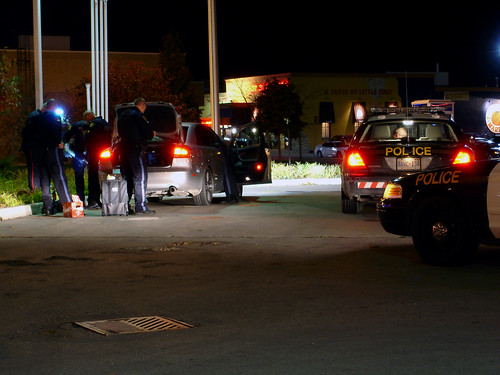Legal blow to Police! Supreme Court Limits Searches of Suspect’s Car After Arrest
(Source: Washington Post)
The Supreme Court today sharply limited the power of police to search a suspect’s car after making an arrest, acknowledging that the decision changes a rule that law enforcement has relied on for nearly 30 years.
In a decision written by Justice John Paul Stevens, an unusual five-member majority said police may search a vehicle without a warrant only when the suspect could reach for a weapon or try to destroy evidence or when it is “reasonable to believe” there is evidence in the car supporting the crime at hand. Stevens was joined by two of his most liberal colleagues — Justices David H. Souter and Ruth Bader Ginsburg — and two of his most conservative — Justices Antonin Scalia and Clarence Thomas.
The court noted that law enforcement for years has interpreted the court’s rulings on warrantless car searches to mean that officers may search the passenger compartment of a vehicle as part of a lawful arrest of a suspect. But Stevens said that was a misreading of the court’s decision in New York v. Belton in 1981.
“Blind adherence to Belton’s faulty assumption would authorize myriad unconstitutional searches,” Stevens said, adding that the court’s tradition of honoring past decisions did not bind it to continue such a view of the law.
“Police could not reasonably have believed either that Gant could have accessed his car at the time of the search or that evidence of the offense for which he was arrested might have been found therein,” Stevens wrote.
Justice Samuel A. Alito Jr., writing for the four dissenters, said the court’s insistence that its precedents had been misinterpreted was simply a cover for getting rid of a decision with which it disagreed.

